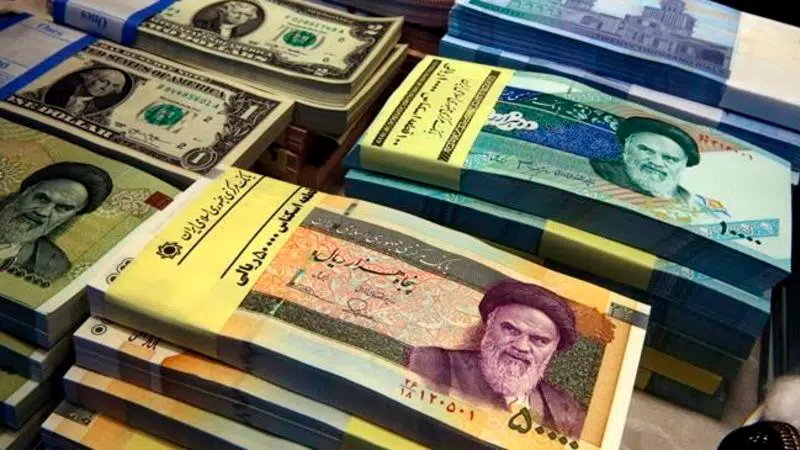
Iran moves to strike 4 zeroes from its battered currency
TEHRAN, Iran — Iran’s president sent a bill to parliament Wednesday that would cut four zeroes from the value of the Islamic Republic’s sanctions-battered currency, the rial, as tensions remain high between Tehran and Washington.
By sending the bill to lawmakers, President Hassan Rouhani’s government shows it is serious about an idea mulled for some time in Iran, where people discuss monetary transactions in both rials and —informally but more commonly — in tomans. A toman is worth 10 rials.
If passed by parliament and approved by lawmakers, Iran’s Central Bank would in effect devalue the rial and rename it as toman.
The bank would have two years to create the new toman currency, returning a currency name that has not been officially used since the 1930s.
